"In the looming shadow of another war, we can safely say that history concentrates here in Geszt today", Viktor Orban said in his speech commemorating the Day of National Cohesion at the ceremonial opening of the renovated Tisza Castle in Geszt. The prime minister said that the nation has not chosen resignation, but to fight and to survive. "The nation is also capable of expressing its boundless will to live, capacity for solidarity, and of paying tribute to the family that has given it so much. We repay to this great family the indebtedness of the Hungarian nation by caring for their former home and the family's resting place in a dignified manner," he added.
The Tisza family had fought against the Turks, and the last successful period of the Kingdom of Hungary is inseparably tied to them. The PM recalled that Istvan Tisza's death also marked the painful end of a historical era. "One hundred and four years ago we were handed a diktat. The best of Hungarian industry and farmland was lost, and our cultural values ended up outside of the newly imposed borders.
A true Hungarian is someone for whom the national wounds inflicted by the Treaty of Trianon are the most painful,
The Trianon diktat was intended to wipe out our nation, they wanted to bury us, the PM stated.
"The caring, good masters of the homeland were killed or forced to flee. At the darkest hour, our country was handed over to people about whom even a hundred years on it is still difficult to decide whether it was their ill intent or their incompetence that was the greater blow for the country," Mr Orban said.
The losses of the country a hundred years ago were brought upon us by a war that the then Prime Minister Istvan Tisza vehemently opposed. At the time the country had no option of staying out of the war. Back then, too, warmongers were hanging from the rafters in Vienna. All the responsible and rational thoughts for the future of the nation were in vain: Hungary was forced to march into war.
Had we had the strength, the crown would have been preserved and the nation would have suffered less,
the PM noted, adding that not only the defeated lost in the war, so did the victors. The diktats that ended the war did not bring peace, but instead brought new devastation to the Carpathian Basin. New countries were created and renewed ethnic tensions flared up with far more animosity than in the former monarchy. The artificially cobbled-together state formations disintegrated at the first opportunity, he recalled.
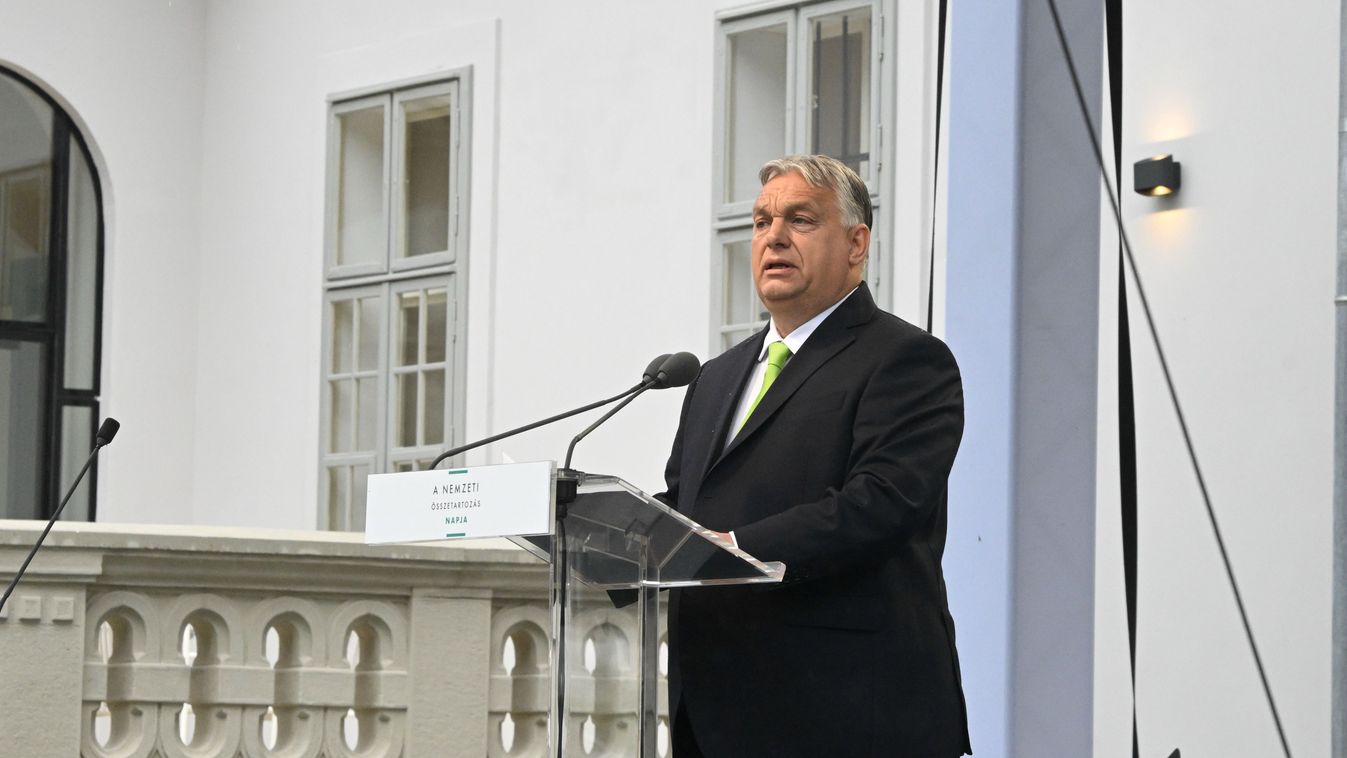

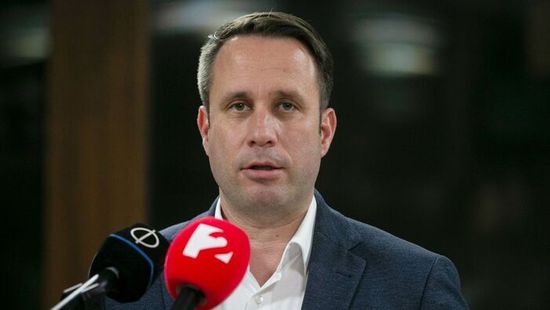
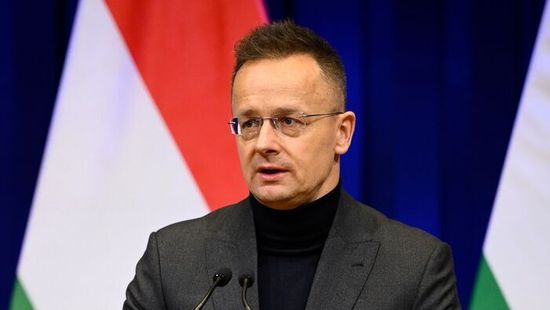



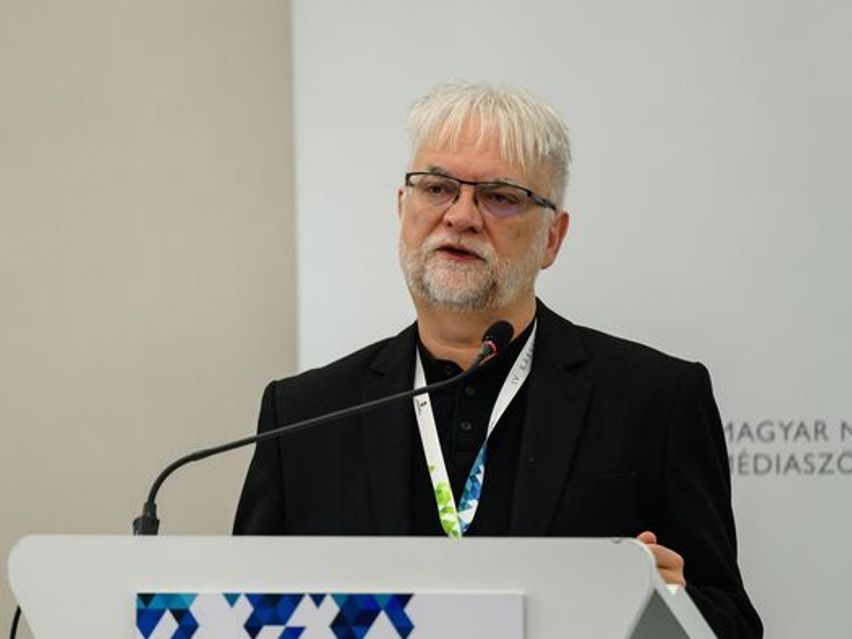

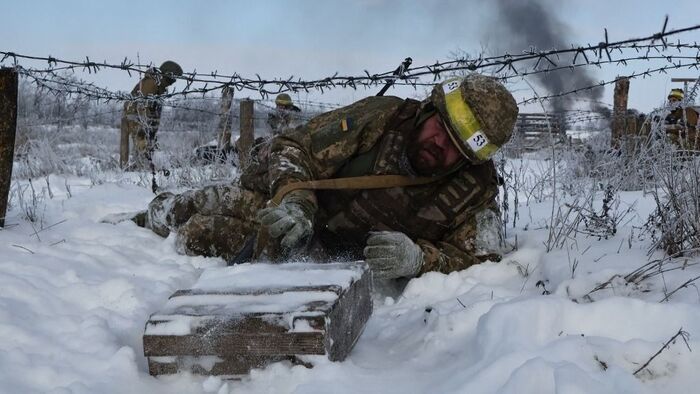

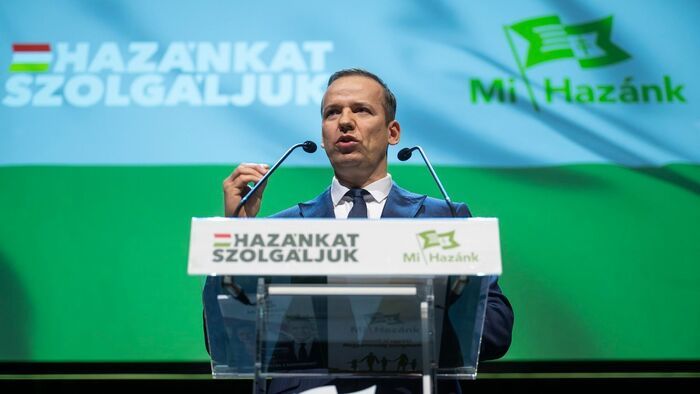

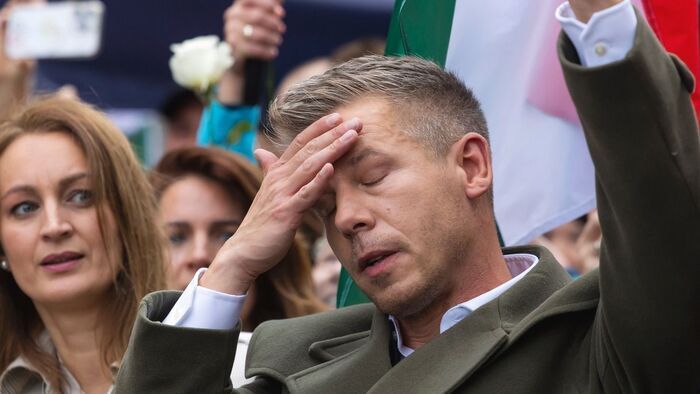

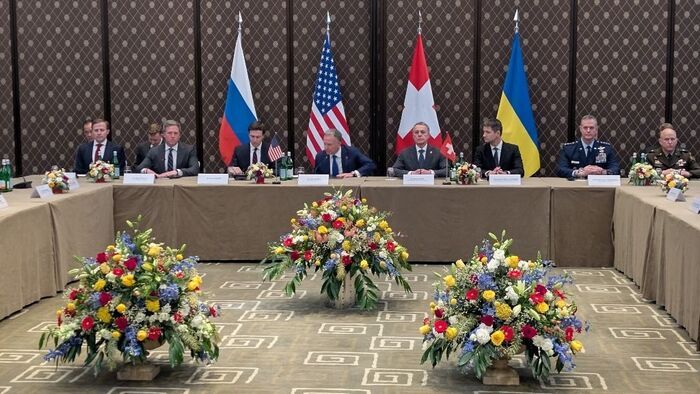







Szóljon hozzá!
Jelenleg csak a hozzászólások egy kis részét látja. Hozzászóláshoz és a további kommentek megtekintéséhez lépjen be, vagy regisztráljon!